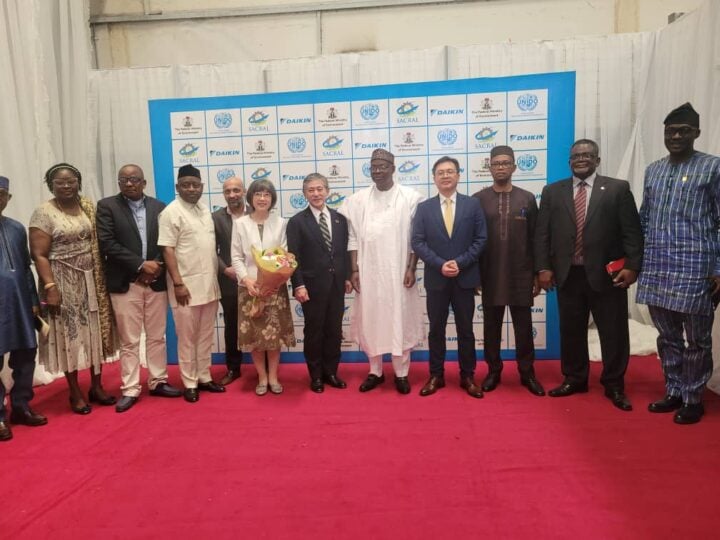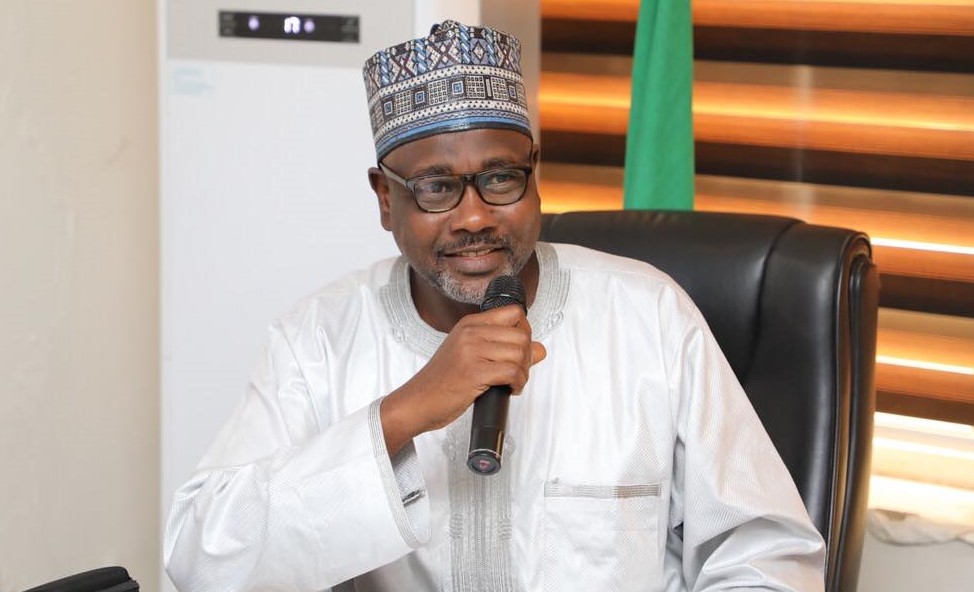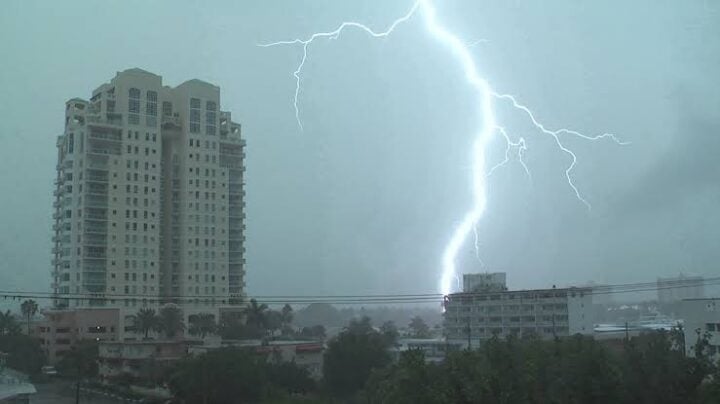The federal government is partnering with the European Union (EU) to reduce environmental waste in the country.
Balarabe Lawal, minister of environment, unveiled the roadmap to address environmental waste in Abuja on Wednesday at an event to mark the 2024 International Day of Zero Waste.
Lawal said Nigeria is generating about 32 million tons of solid waste annually.
The minister said this presents circular economy business opportunities across the waste management value chain which should be harnessed for job creation.
Advertisement
“The International Day of Zero Waste aims to promote sustainable consumption and production patterns, support the societal shift towards circularity and raise awareness about how zero-waste initiatives contribute to the advancement of the 2030 Agenda for Sustainable Development,” he said.
“Furthermore, Zero Waste seeks to maximize recycling, minimize waste, reduce consumption and ensure that products are made to be reused, repaired or recycled back into nature or the marketplace.
“Thus, zero waste initiatives can foster sound waste management to minimize and prevent waste, helping to address the triple planetary crisis, protect the environment, enhance food security and improve human health and well-being.
Advertisement
“Funding is often one of the major challenges with this type of initiative, however, it can also be seen as an opportunity for businesses as it is estimated that the value of recyclables in Africa in 2014 was $8 billion, growing to $60 billion in 2050.
“Nigeria is one of the fastest-growing countries in the world with a population of over 200 million, generating about 32 million tons of solid waste per year.
“To address these challenges, we have developed a robust circular economy roadmap to successfully guide our transition towards a zero-waste society for immediate implementation.”
Zissimos Vergos, deputy ambassador of the EU delegation to Nigeria, said waste pollution threatens human well-being and economic prosperity.
Advertisement
“It is part of the triple planetary crisis of climate change, nature and biodiversity loss, and pollution,” Vergos said.
“Without urgent action, annual municipal solid waste generation will hit 3.8 billion tonnes by 2050.”
Add a comment







